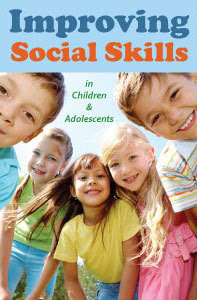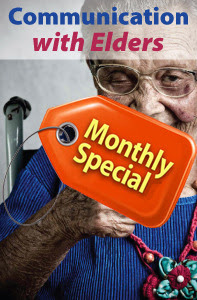New ASHA CEU Course @pdresources.org
Professional Development Resources has a new online ASHA CEU course available that addresses the rising concerns for our children and their growing media use:
 Effects of Digital Media on Children’s Development and Learning is a brand new 3-hour online ASHA CEU course that reviews the research on media use and offers guidance for educators and parents to regulate their children’s use of digital devices. Media technology affects family life, children’s readiness for entering school or preschool, and classroom learning. Recent research delineates a developmental progression of understanding information on devices for children between ages 2- 5 years. Younger children may believe false information if it is on a computer. This research is important for understanding technology uses in education. There are also known health risks and possible adverse effects to social-emotional development. Statistics describing the increase of media technology and developing trends in media use are presented along with guidelines and position statements developed to protect children from risks and adverse effects. Course #30-96 | 2017 | 50 pages | 20 posttest questions | $39
Effects of Digital Media on Children’s Development and Learning is a brand new 3-hour online ASHA CEU course that reviews the research on media use and offers guidance for educators and parents to regulate their children’s use of digital devices. Media technology affects family life, children’s readiness for entering school or preschool, and classroom learning. Recent research delineates a developmental progression of understanding information on devices for children between ages 2- 5 years. Younger children may believe false information if it is on a computer. This research is important for understanding technology uses in education. There are also known health risks and possible adverse effects to social-emotional development. Statistics describing the increase of media technology and developing trends in media use are presented along with guidelines and position statements developed to protect children from risks and adverse effects. Course #30-96 | 2017 | 50 pages | 20 posttest questions | $39
This online course provides instant access to the course materials (PDF download) and CE test. After enrolling, click on My Account and scroll down to My Active Courses. From here you’ll see links to download/print the course materials and take the CE test (you can print the test to mark your answers on it while reading the course document). Successful completion of the online CE test (80% required to pass, 3 chances to take) and course evaluation are required to earn a certificate of completion.
Professional Development Resources is approved by the Continuing Education Board of the American Speech-Language-Hearing Association (ASHA Provider #AAUM) to provide continuing education activities in speech-language pathology and audiology. See course page for number of ASHA CEUs, instructional level and content area. ASHA CE provider approval does not imply endorsement of course content, specific products or clinical procedures. CEUs are awarded by the ASHA CE Registry upon receipt of the CEU Participant Form from the ASHA Approved CE Provider. Please note that the completion date that appears on ASHA transcripts is the last day of the quarter, regardless of when the course was completed. Professional Development Resources is also approved by the Florida Board of Speech-Language Pathology and Audiology (Provider #50-1635) and the Ohio Board of Speech-Language Pathology and Audiology and is CE Broker compliant (all courses are reported within 1 week of completion).
This course is offered for .3 ASHA CEUs (Intermediate level, Professional area). ASHA credit expires 6/17/2020.
About the Author:
Janet Harrison, PhD, CCC-SLP, has been an Associate Professor and Director of Clinical Education in Speech-Language Pathology at Purdue University, an Associate Professor at Marshall University and an Assistant Professor at Valdosta State University. Prior to her university positions she was Administrative Director of Clinical Services, Devereux Hospital & Neurobehavioral Institute of Texas, and developed a clinical program as the director of the Department of Speech-Language Pathology, Devereux Hospital & Children’s Center of Florida. Dr. Harrison has worked extensively in both medical and educational settings for intervention with children and adolescents who have language disorders as well as emotional/behavioral disorders.


















